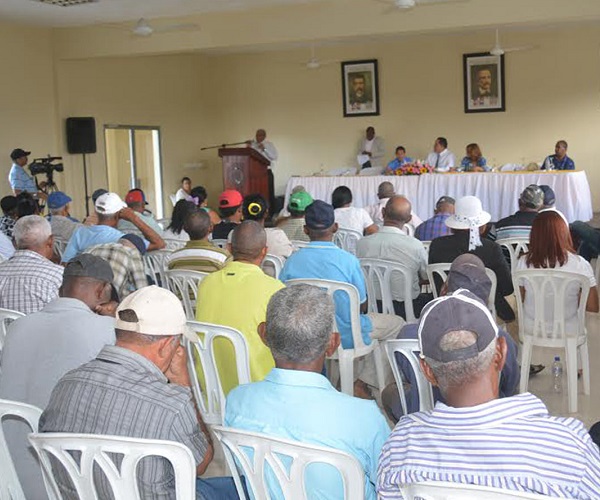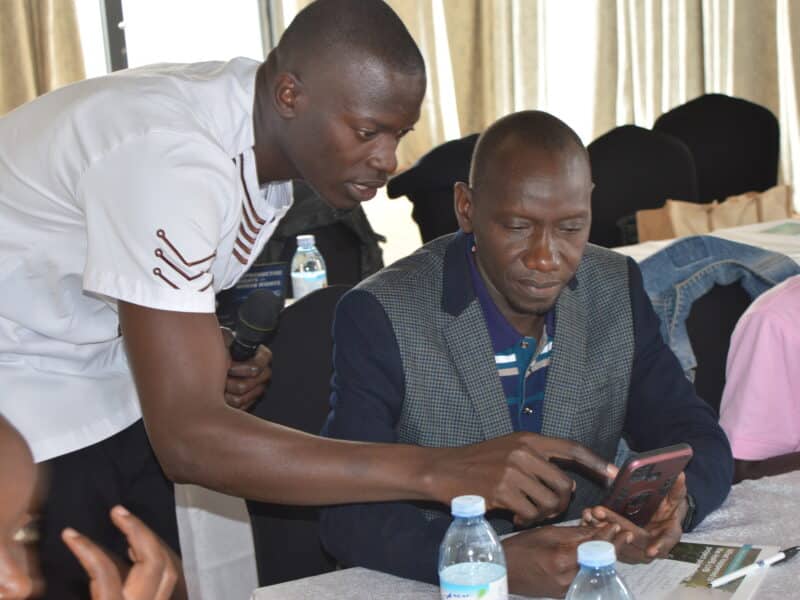This post by CCP staff members Rupali J. Limaye and Anne Kott originally appeared in New Security Beat, the blog of the Environmental Change and Security Program at the Wilson Center.
Zika is a global health challenge. Since its outbreak in Brazil last May, the virus has spread to more than 30 countries and territories and ignited global discourse about family planning, vaccine development, reproductive rights, contraceptive security, and even gender norms.
These are very important areas of focus, but they also require significant investments of time, funding, and/or human resources to affect change. As the global community considers responses to Zika, let’s not lose sight of another critical and more immediately addressed area of response: meeting knowledge needs through effective, strategic communication.
Global health and development work depends on a multitude of actors working together across geographic, organizational, and financial boundaries. Knowledge management, or the strategic and systematic creation, synthesis, and distribution of critical knowledge, can improve coordination among these actors, enhance learning and knowledge application of best practices, and improve the capacity to take decisive action, all of which can, in turn, improve health and development outcomes.
Indeed, providing health professionals with access to relevant and timely health information is potentially the single most cost-effective and feasible strategy for health care and health system improvement in lower- and middle-income countries.
Responding to Outbreaks
Disease outbreaks occur in a dynamic information environment. The very nature of an outbreak compels speed over completeness. Available knowledge is rapidly distributed and updated, sometimes in that order.
Motivating the public to adopt recommended behaviors is challenging and effectiveness is reliant on the quality and consistency of outbreak communications. For instance, the level of uncertainty around specific outbreaks influences whether or not individuals undertake precautionary behaviors, and the public is less likely to follow recommended behaviors in contexts of high uncertainty.
Several aspects of the Zika situation make it tremendously challenging in terms of meeting the knowledge needs of affected individuals.
Stress and worry can inhibit the ability of individuals to process new information, and Zika’s diffuse geographic distribution, the inevitability of further spread, and lack of available treatment options contribute to heightened anxiety among a group of individuals already experiencing higher levels of stress: expectant parents.
Finally, depending on where they live, their socioeconomic level, and their ability to gain access to critical information, these individuals may or may not be plugged into a support system of health care providers who can help translate uncertain or conflicting messages.
Applying Knowledge Management Principles
Strategic outreach and coordination to responders and providers is an immediate and less resource-intensive way to reduce misinformation and uncertainty, improve preventive behaviors, and increase treatment and recovery.
Implementing this strategy doesn’t require reinventing the wheel. There are a number of influential actors working in countries affected by Zika who have adopted knowledge management systems and approaches to enhance coordination in health and other sectors.
For example, in Guatemala, the Pan American Health Organization (PAHO) organized a workshop last year to support a network to strengthen technical cooperation on eHealth and knowledge management throughout the region. The World Bank facilitated a knowledge exchange between Honduran and Colombian officials to transfer critical disease risk management knowledge and response strategies. And the web-based RELACSIS network connects public health professionals across Latin America with technical guidance from PAHO; the U.S. Agency for International Development; the Global Fund to Fight AIDS, Tuberculosis and Malaria; UNICEF; and the Economic Commission for Latin America and the Caribbean.
Knowledge management approaches like these are invaluable to response strategies because of their emphasis on adaptation. They recognize the importance of connecting key stakeholders to existing explicit (codified) and tacit (practical) knowledge and providing platforms to quickly and accessibly facilitate their exchange.
During a disease outbreak, or any public health emergency, knowledge management systems help ensure that coordinating agencies share the same messages, are basing decisions off the same information, are learning from past experiences, and have the capacity to learn while doing.
This Won’t Be the Last
Zika is not the first disease to challenge governments and the public health community with rapidly sharing and evaluating critical knowledge as it emerges, nor will it be the last.
Utilizing knowledge management systems already in place will be critical to successful coordination. In the absence of these systems, other resources available through groups like Knowledge for Health, the World Bank, the Health Communication Capacity Collaborative, the MEASURE Evaluation project, and others exist to support the rapid development of effective knowledge management and behavior change communication approaches.
Before individuals and communities can reduce their level of risk or change their behaviors, they must first understand basic facts about the problem, adopt key attitudes regarding their risk and preventive behaviors, learn the necessary skills to reduce risk of exposure, and be given information about and access to appropriate services. They also need to perceive their environment as supportive of preventive behaviors, treatment, and recovery.
These are in many ways not technical problems but behavior and communications problems, which knowledge management systems are designed to address. Indeed, it is only through effective knowledge management and communication that another epidemic – hysteria – can be averted.
Rupali J. Limaye, PhD, is the research director for the Knowledge for Health (K4Health) project, funded by USAID and led by CCP, which works to strengthen family planning efforts worldwide. She is also an assistant scientist at the Johns Hopkins Bloomberg School of Public Health. Anne Kott is Director of Public Relations and Marketing at CCP and serves as K4Health’s Communications Director.




